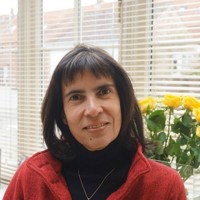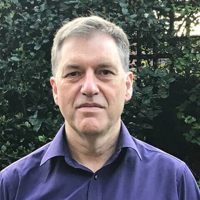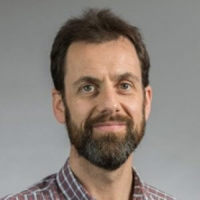Academy reports related to the event:
Safety and ethics of autonomous systems
Strategic advantage through science and technology: the engineering view
Join us for a fascinating talk as our panel of experts delve into robotics and autonomous systems.
During the discussion, the panel will consider the problems that AI can solve and explain the anticipated applications of this emerging technology. They will also question the problems that come with developing robots – for instance, can we trust them?
There will be a chance to ask the panellists your questions, so register above to join this engaging chat, either in the live audience at the University of York, or online.
Hosted by the writer, broadcaster and comedian, Timandra Harkness. She has written for newspapers and magazines including the Daily Telegraph and WIRED. She is the author of the book Big Data: Does Size Matter?
Speakers:
- Professor Ana Cavalcanti, University of York, Royal Academy of Engineering Chair in Emerging Technologies in Software Engineering for Robotics: modelling, validation, simulation, and testing
- Professor Michael Fisher, University of Manchester, Royal Academy of Engineering Chair in Emerging Technologies in Responsible Autonomous Systems
- Professor Danail Stoyanov, University College London, Royal Academy of Engineering Chair in Emerging Technologies in Robotic Actuated Imaging Skins
- Professor Jonathan Rossiter, University of Bristol, Royal Academy of Engineering Chair in Emerging Technologies in Smart Materials and Mechanisms for Ubiquitous Soft Robotics.

Professor Ana Cavalcanti
Ana Cavalcanti is a Professor at the University of York, and a Royal Academy of Engineering Chair in Emerging Technologies. She is the leader of the RoboStar centre of excellence on software engineering for robotics. The RoboStar approach to model-based software engineering complements current design and verification practices for mobile and autonomous robots, covering simulation, testing, and proof. The RoboStar approach is practical, supported by tools, and yet mathematically rigorous so that it can provide reliable evidence of trustworthiness.

Professor Michael Fisher

Professor Jonathan Rossiter

Professor Danail Stoyanov
Dan Stoyanov is a Professor at UCL Computer Science and Co-Director of the UCL Hawkes Institute. His research is focused on surgical AI and robotics with a particular focus on computer vision in surgical endoscopy and minimally invasive surgery. He is a Royal Academy of Engineering Chair in Emerging Technologies, in addition to leading large-scale projects from the Wellcome Trust and EPSRC. He was Chief Scientist at Digital Surgery (acquired by Medtronic plc); and co-founder of Odin Vision Ltd (acquired by Olympus), Panda Surgical Ltd, EnAcuity Ltd, Helico Technologies Ltd, and Invexo Ltd. He is also a Fellow of the Royal Academy of Engineering, Academy of Medical Sciences, IEEE, IET and the MICCAI Society.

